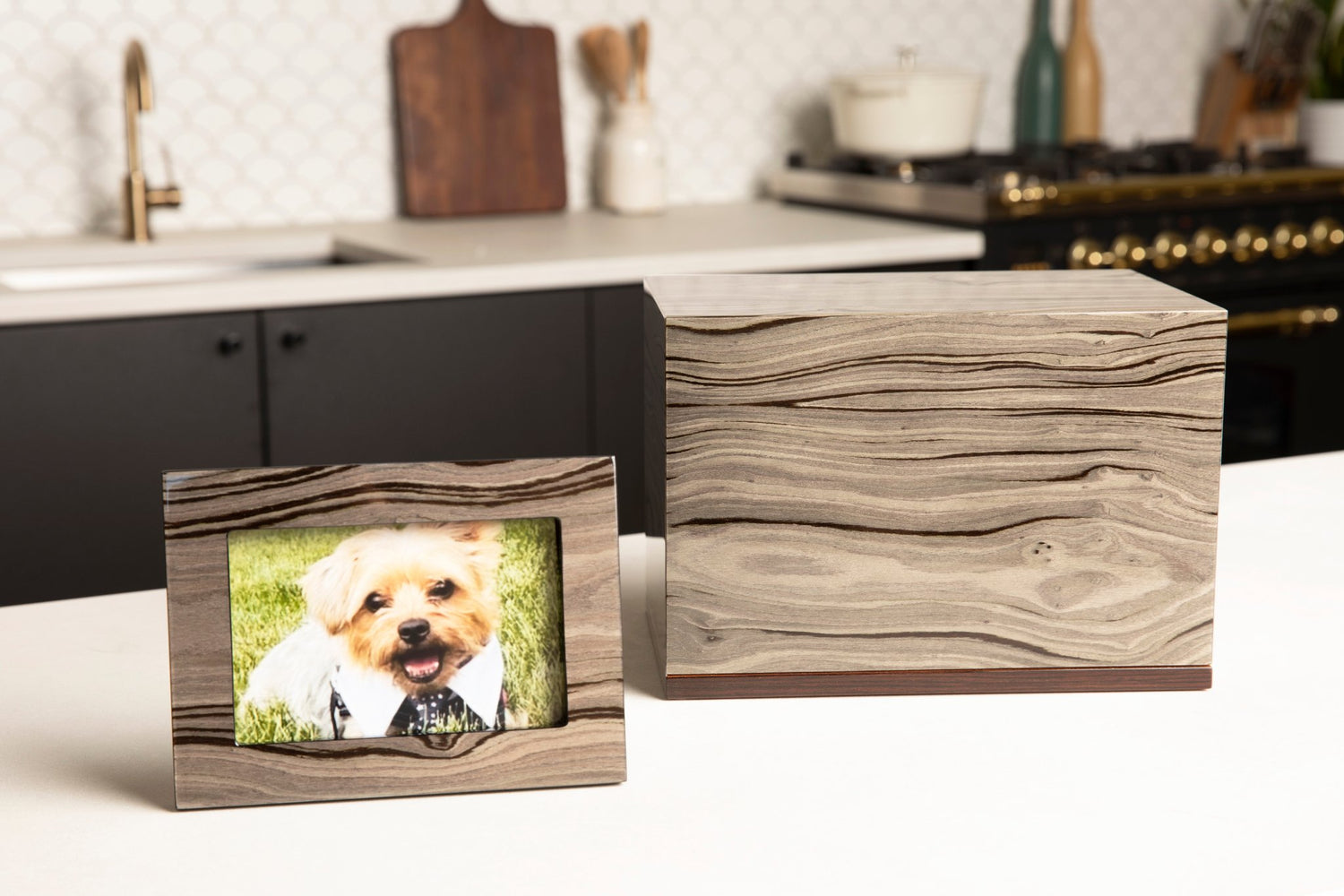You may already have a will, POA and living will, but what about the rest?
If the COVID-19 pandemic has taught us anything, it is that we aren’t guaranteed tomorrow and that we need to plan accordingly when possible. The pandemic has made many Americans more open to talking about end-of-life and produced a rise in estate planning.
However, despite this increase, more than half of American adults still don't have a will. Even more concerning is that many don’t think they need one because they don’t have enough assets to warrant a will. Let us assure you, you need a will. Everyone has assets and whether you’re 40 or 70 years old, a will is something your family will be grateful you have if something were to happen to you.
Starting a will or any end-of-life plan can be overwhelming, so that’s where we come in. Keep reading below for a few blind spots that will help you build a comprehensive end-of-life plan.
Where are your estate planning documents and important paperwork?
Are they under the bed? In a safety deposit box at your local bank? These documents and paperwork include your will, trust, durable financial power of attorney (if you already have them), Social Security Card, copy of driver’s license, tax returns, employment and health care records and life insurance policy documents, etc. If possible, gather them in one central location, either in a physical binder or secure online vault storage, or write down where they are located so that your family can find them when needed.
Digital Estate Plan for your technology
Does anyone know the unlock code to your phone and your password to access your computer and email? If not, set aside an hour or two a day or week to create a list of all of your digital assets, which includes a list of online accounts with usernames and passwords, physical devices with unlock codes and locations of photo storage with passwords.
Furthermore, we encourage you to put together a Letter of Instructions naming someone (also called a digital executor) to handle everything from cancelling auto-payments to closing social media accounts when you pass away. Leaving detailed instructions for what accounts you want to have deleted and who gains access to your photos and documents makes it easy for your family. I know this can seem daunting in our current digital age, but the sooner you start the sooner it will be done.
Aging Wishes
What does “aging gracefully” mean to you? Do you want to live in your home if at all possible or do you want to go ahead and declutter, downsize and move into a senior living community? Put pen to paper or gather your family to discuss what medical and end-of-life decisions you wish to have made on your behalf. As the saying goes, don't leave it to your kids to pick the nursing home!
Legacy & Remembrance Wishes
How do you want your family to remember and grieve you? Do you want a traditional burial in a cemetery or to be cremated and placed in one of Oaktree Memorial’s beautiful artisan urns or jewelry? Or do you want an alternative option such as an aquamation or green burial? This is an area that makes many uncomfortable to think through, but it is important to share your preferences with your family and friends so that they aren’t left guessing or agonizing or arguing over what they think you would want.
Now let’s talk about your legacy. Have you made considerations of what organizations you want to support? Instead of flowers, are there charities you want to direct friends and family members to make contributions to? These are things you can include in the Letter of Instructions as mentioned above. Also consider adding important details about your life so that your family has all of the information needed to write a thoughtful and memorable obituary.
Preserving Memories
You’ve spent your lifetime building memories, carrying on family traditions and capturing photos, and preserving them can be a great way to bond with your family and share details they may not have known previously. Thanksgiving is a great time to gather as a family and make it a project to document family history, treasured recipes and traditions, and label old photos (be sure to use a pencil not a pen!). Losing memories, family stories and traditions after a loss is heartbreaking but can be prevented.
Personal Property Distribution
Who gets what can cause a lot of family fighting and disagreements. Your personal property includes items that have monetary value like jewelry, clothing, furniture, and cars but also items that have sentimental value like Grandma’s pie plate or the family bible. In order to prevent conflict, take an inventory of your personal property, get appraisals, take photos and then if possible gather your family to communicate who gets what, why and when. Make contingency plans if the family member isn’t able to take possession of items for whatever reason and where you would want the leftover items to be donated.
No matter where you are in terms of your end-of-life planning journey, I want to congratulate you on taking these first actionable steps to protect your family, prevent loss of assets and preserve your legacy. While it is uncomfortable and hard to make these preparations and plans ahead of time, it can often be harder on your family after you’ve gone. A comprehensive end-of-life plan truly is the greatest gift you can give your family.
Rachel Donnelly is the Founder & CEO of Black Dress Consultants, an end-of-life and after loss consulting firm.

Disclaimer: this isn’t legal advice, and shouldn’t be taken as such. Before drafting a will, consult a lawyer or legal service







